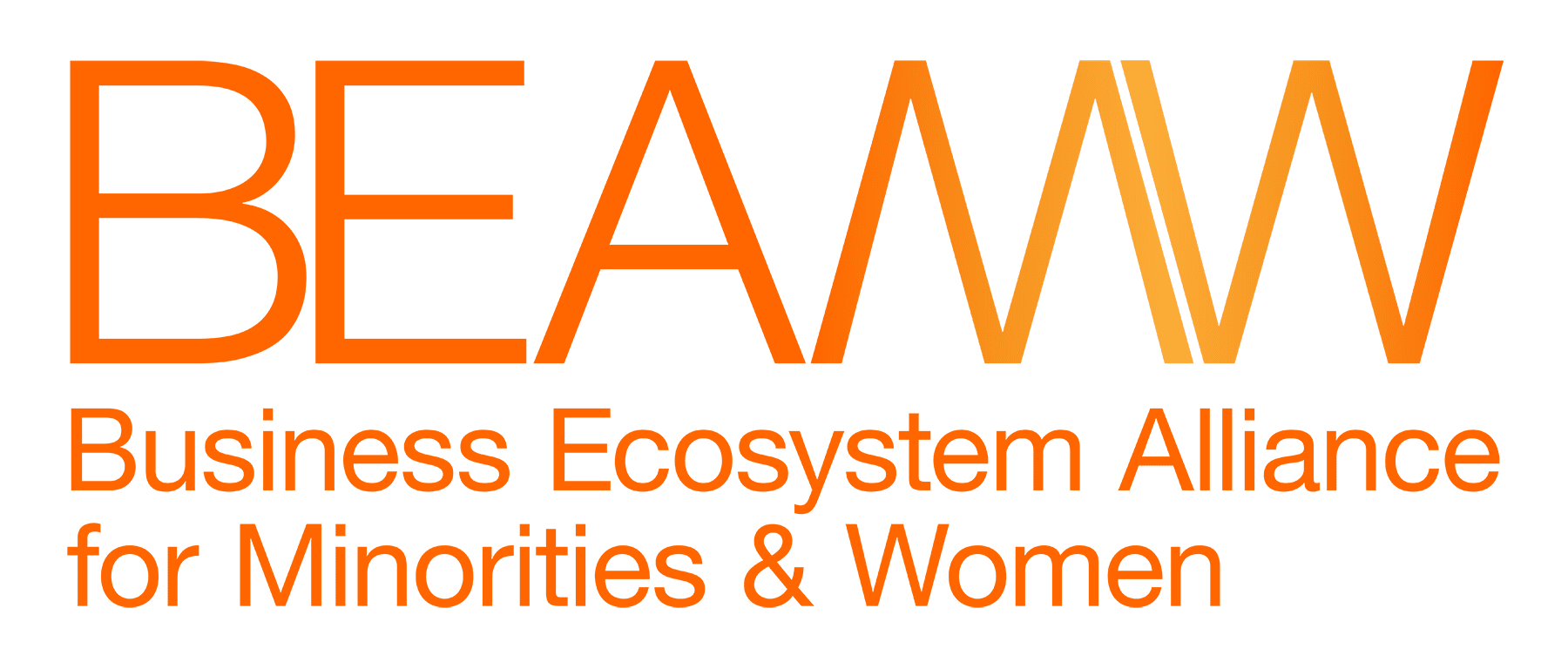raise funds for your purpose-driven project
Impact Hub Houston
fiscal sponsorship
Your cause can’t wait. You need to act quickly to get your project or venture up and running to help your community.
Let us help you: Impact Hub Houston Fiscal Sponsorship allows you to apply for grants and accept donations without having to launch your own 501c3 nonprofit. If your project creates positive impact and aligns with any of the United Nations Sustainable Development Goals, let’s talk!
What You Gain
We want to help you bring your vision to life as quickly as possible so you can start creating the impact your community needs. Following best practices set by the National Network of Fiscal Sponsors, Impact Hub Houston Fiscal Sponsorship is a great way for individuals, businesses and new organizations to raise funds without letting the paperwork overwhelm your good work. Your benefits include:
Donation Tools
Donation Options
Secure Transactions
Rapid Response
Flexibility
Support
When Should I Consider Fiscal Sponsorship?
Are you an individual or group wanting to start a project or program without launching a whole new organization, or before making a long-term investment in starting a 501c3? Have you already applied for your 501c3 status but want to start raising funds for your cause now? Are you planning a collaboration but want a neutral fund manager? Then fiscal sponsorship might be the perfect fit for your charitable objectives.
Impact Hub Houston follows the National Network of Fiscal Sponsors best practice guidelines.
Reach More People
Social Media Reach
Subscribers
Likes and Followers
Partners and Supporters
Eligible Projects
- Purpose aligns with our vision, mission, and values
- Funds will be used solely for the project’s stated purpose
- Applicant has experience with and/or connection to the community being served
- Applicant has done market analysis to identify any others already doing similar work
- Applicant has a designed a plan and budget for the project
- Located in the Greater Houston area, even though its impact may expand farther
Ineligible Projects
- Designed primarily to benefit an individual or business (non-charitable)
- Raises funds through charitable gambling
- Requires exceptional governmental oversight and licensing
- Involves complex financial transactions
Fees
- Application Fee: There is NO fee to apply!
- Start Fee: Upon acceptance, there is a $300 one-time setup fee to offset costs of the set-up and onboarding process.
ADMINISTRATIVE FEE
To cover the administrative and management costs of accounts receivable, donor receipts, regular reporting, and experienced staff support — including guidance as you set your project success strategy and goals — we assess administrative fees according to the project’s complexity.
Pre-Approved Grant Relationship
For Pre-Approved Grant Relationship Fiscal Sponsorship, the fee is 8% of funds received on behalf of the project. This does NOT include a dedicated web page for the project and support for marketing and community outreach. For those value-adds, see “Comprehensive Fiscal Sponsorship.”
What is Pre-Approved Grant Relationship Fiscal Sponsorship?
In the pre-approved grant relationship model, the party entering into the fiscal sponsorship agreement with the fiscal sponsor is the sponsor’s grantee. Unlike with the comprehensive model, the project is owned by the grantee, not by the fiscal sponsor. Accordingly, the project’s assets and liabilities belong to the grantee, which is responsible for its own tax and filing obligations.
Generally, the individuals associated with the grantee serve as agents of the grantee when working on the project. But when they are fundraising for the project, they are doing so as agents of the fiscal sponsor. The fundraising must be carried on by the fiscal sponsor because the grantee lacks the tax status to allow for deductible contributions or private foundation qualifying distributions.
The key to this model is to ensure the fiscal sponsor is not serving as a mere conduit for donors and foundations to direct contributions and grants to the fiscal sponsor’s grantee. While the fiscal sponsor can accept contributions and grants with a purpose restriction on how they are used, the fiscal sponsor must have ultimate discretion and control on whether to use such contributions and grants itself or re-grant them out to another entity, not limited to the grantee whose representatives may have raised such funds in the capacity as agents of the fiscal sponsor.
The intended grantee is vetted and pre-approved by the fiscal sponsor prior to any fundraising for the purposes of the project. So long as the grantee has not breached the fiscal sponsorship agreement, the fiscal sponsor will ordinarily grant the funds raised for the project to the grantee, less some agreed upon amount it retains as an administrative fee. While the fiscal sponsor has the variance power to direct such funds to another organization to advance the same charitable purposes, it has a business reason not to exercise such power except under egregious circumstances.
A fiscal sponsor providing pre-approved grant relationship fiscal sponsorship can facilitate broader grantmaking to individual artists producing works to be introduced to the public for noncommercial purposes, nonprofits without an IRS determination of 501(c)(3) status, and discrete charitable programs of for-profit social enterprises, where aspiring grantees may not be qualified recipients of deductible charitable contributions.
In addition, many, if not most, private foundations have internal rules prohibiting them from making grants to such grantees in part because complex tax laws require them to exercise certain due diligence procedures and threaten them with stiff penalties for a failure to properly comply. In contrast, a private foundation may more safely make a grant to a qualified fiscal sponsor so long as it does not require the sponsor to act as a mere conduit for its grants to flow to a non-exempt grantee.
Comprehensive Fiscal Sponsorship
For Comprehensive Fiscal Sponsorship, the fee is 18% of funds received on behalf of the project. This includes a dedicated web page for the project, guidance as you set your project strategy and goals, and support for marketing and community outreach.
What Is Comprehensive Fiscal Sponsorship?
In the comprehensive model, the party entering into the fiscal sponsorship agreement with the fiscal sponsor is generally giving up all ownership and control of the project to the sponsor and retaining only the right to enforce, amend, or terminate the agreement and have the project transferred to another qualified fiscal sponsor. In contrast to the fiscal sponsor, the other party to the agreement is not a tax-exempt entity able to directly receive deductible charitable contributions and is likely not properly registered to solicit charitable funds or assets. Most often, it’s just some form of steering committee with minimal activity of its own, which helps minimize any risk that might otherwise be borne by its members.
When working on the fiscally sponsored project, the individuals associated with the other party to the agreement serve as employees, volunteers, or other agents of the fiscal sponsor. Accordingly, if they are fundraising for the project, they are fundraising on behalf of the fiscal sponsor as agents of the fiscal sponsor. Similarly, if they are managing the activities and affairs of the project, they are doing so as agents of the fiscal sponsor, which may afford them the protection of the sponsor’s insurance.
In the comprehensive model, the assets and liabilities of the project are the assets and liabilities of the fiscal sponsor. The fiscal sponsor takes on the project, and all of its risks, because it advances the sponsor’s own charitable mission. Typically, in light of all of the administrative burdens and costs associated with the project and to ensure its own organizational health, the fiscal sponsor charges an intra-organizational administrative fee to the restricted fund dedicated to the project’s charitable purposes.
A fiscal sponsor providing comprehensive sponsorship can serve as an effective and efficient vehicle for incubating a new charitable project, testing an innovative idea, implementing a program with a fixed time frame, and hosting a collaborative effort among charities or funders.
Responsibilities
Projects are responsible for managing the day-to-day operations of their project and are typically responsible for fundraising to sustain their work. A project under sponsorship is responsible for understanding and conducting ethical business practices consistent with IRS regulations, all applicable laws, funder restrictions, and fiscal sponsor policies and procedures. The relationship between the project and the fiscal sponsor continues only when both the project and the fiscal sponsor agree that it is mutually beneficial and supportive of the charitable purpose and mission of the project to continue the relationship.
Sign Up to Learn When Applications Open!
Want to Expand Your Impact?













